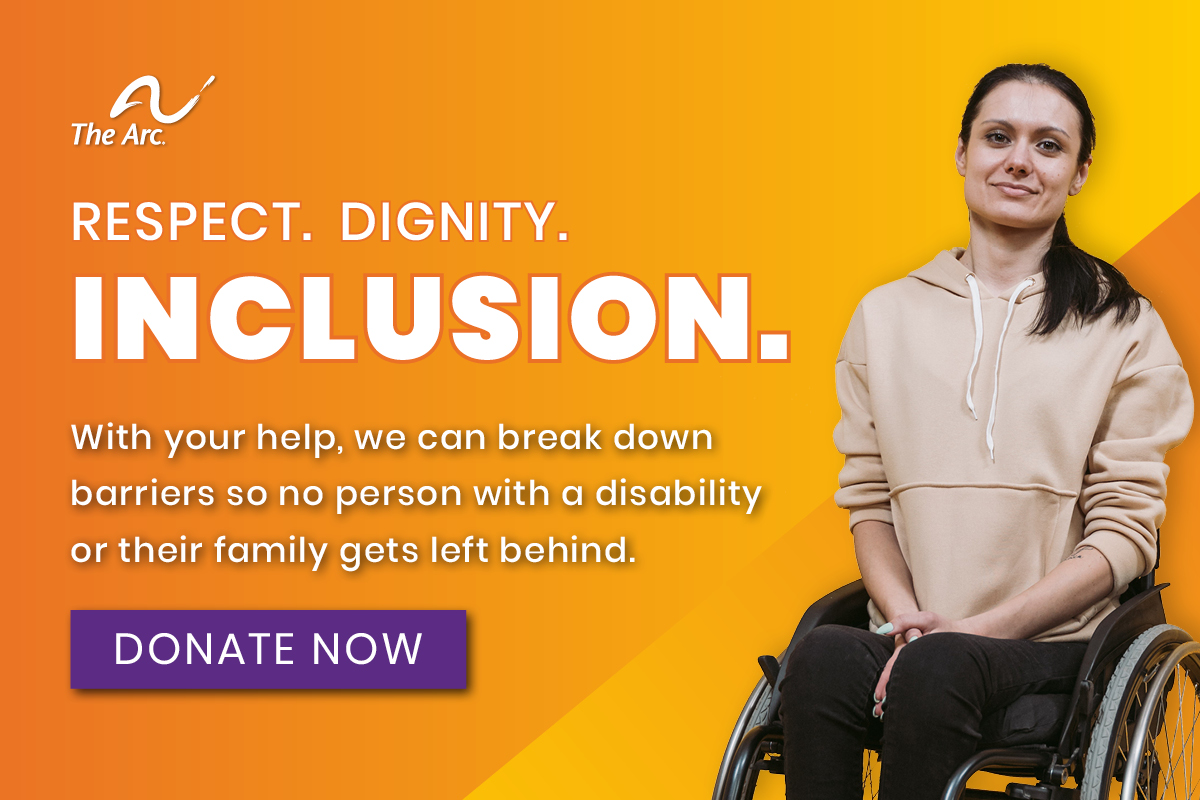Contents
- How do students with autism pay for college?
- What funding resources are available to students with autism who want to go to college?
- What types of financial resources should students with autism and their families consider to pay for college?
- How can students with autism and families learn more about financing college?
How do students with autism pay for college?
First of all, like any one else who is thinking about going to college, paying for tuition, books, and residential living need to be considered. These costs add up and over time, they can really impact the family’s resources.
What funding resources are available to students with autism who want to go to college?
There are a number of resources to consider when assisting students with disabilities, including those with autism, to attend college, either while they are still attending school under IDEA (concurrent enrollment) or as they prepare for their college after leaving/aging out of school. In either case, it is important to think about the entire range of options that may be available to finance postsecondary education.
What types of financial resources should students with autism and their families consider to pay for college?
The options to pay for college range from student and family contributions to gift aid to state agency awards. The most important thing for students and families to remember is that there are a growing number of resources available but they need to take time to investigate them while completing other college application tasks.
The following is a checklist that students, families, transition teams, and college partners may follow to identify all potential funding resources for individual students who want to attend college:
- Family and student: According to FinAid, parents should expect to pay half to two-thirds of their children’s college costs. Are there family resources for college through:
- savings
- current income
- loans
- Gift aid: About one-third of total college costs come through gift aid such as:
- government aid
- college or university aid
- private scholarship account
An example of some scholarships are listed on the Disaboom website.
- State agency aid: State disability agencies may direct some funds for postsecondary education, specifically when they align with career or whole life planning goals. Examples include:
- Vocational Rehabilitation Agencies (tuition waivers)
- Developmental Disability Services (consumer-directed funding)
- Federal Funding: Funds may be available to finance education through programs such as:
- Social Security PASS plan (Plan to Achieve Self-Support)
- IRWE (Impairment Related Work Expenses)
For more information these programs, visit the Social Security Administration website.
- National Service education award: Through service initiatives such as AmeriCorps and VISTA, participants who complete their term of service are eligible for up to two Segal AmeriCorps Education Awards. These funds may only be used to pay for college costs.
For more information, visit the Corporation for National and Community Service site.
At the systems level, there are other options that colleges and/or statewide teams or task forces may want to consider to fund students with intellectual disabilities to attend college. These initiatives include:
- Medicaid and Medicaid waivers: These waivers are submitted by a Medicaid agency to test out or pilot innovative research or demonstration projects. Some states have used these to support non-tuition costs.
- Federal Financial Aid: Under HEOA, students with intellectual disabilities are now eligible for Pell grants as well as other grants, if they attend an eligible comprehensive transition and postsecondary program (CTPP).
- IDEA funds to pay tuition and other college costs (coded as “out of district placement”).
- Developmental Disability Councils: Conduct resource mapping and long term planning to establish support for postsecondary education opportunities.
- Foundation support: Foundations specifically support postsecondary education for individuals with autism.
- State budgets: Legislative funds are approved for establishing postsecondary education options for students with disabilities.



